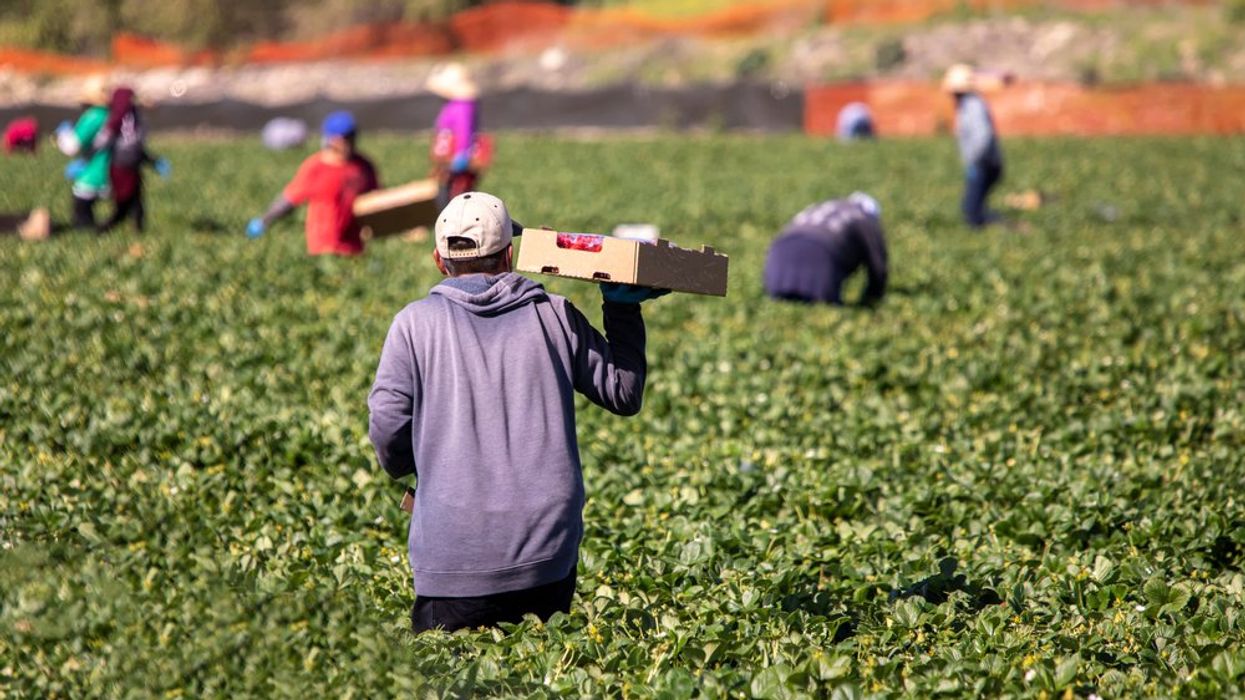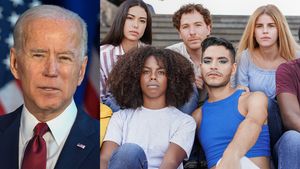If your food is coming from the United States, it has a high probability of having been picked, prepared, or processed by someone who was forced to, according to a new report.
A recent multi-university study published Monday in the journal Nature Food found that about 62 percent of commodities likely to have been made by workers under duress come from the United States.
While forced labor is prevalent in low-income countries, particularly in the chocolate and coffee industries, the report notes that "poverty, language barriers, and precarious immigration statuses can create populations that are just as vulnerable to exploitation in the U.S. as those overseas."
“We often think of our risk here in the U.S. as coming from imports, but there’s plenty of risk that comes from our domestic food production as well,” said Jessica Decker Sparks, senior author on the report. “And that’s important because some of the more effective tools we use to try to eliminate or mitigate risk of forced labor in the U.S. are trade bans or trade sanctions. They’re focused on imports.”
The areas of the food industry with the products that create the highest risk of exploitation are often hand-picked, such as tomatoes, berries, and citrus fruit. High-risk products can also be those that require significant processing, such as boneless beef or apple juice concentrate.
The report notes that "the goal isn’t to get consumers to stop purchasing a particular food," as that can actually harm workers, but instead "to prompt the systemic changes needed to create a food system that works for everyone."
“It’s about widening the lens,” Blackstone said. “We want to broaden the conversation to make sure we’re not just focusing on our own health as individuals, but also the health and wellbeing of people working to bring food to our tables.”



















































